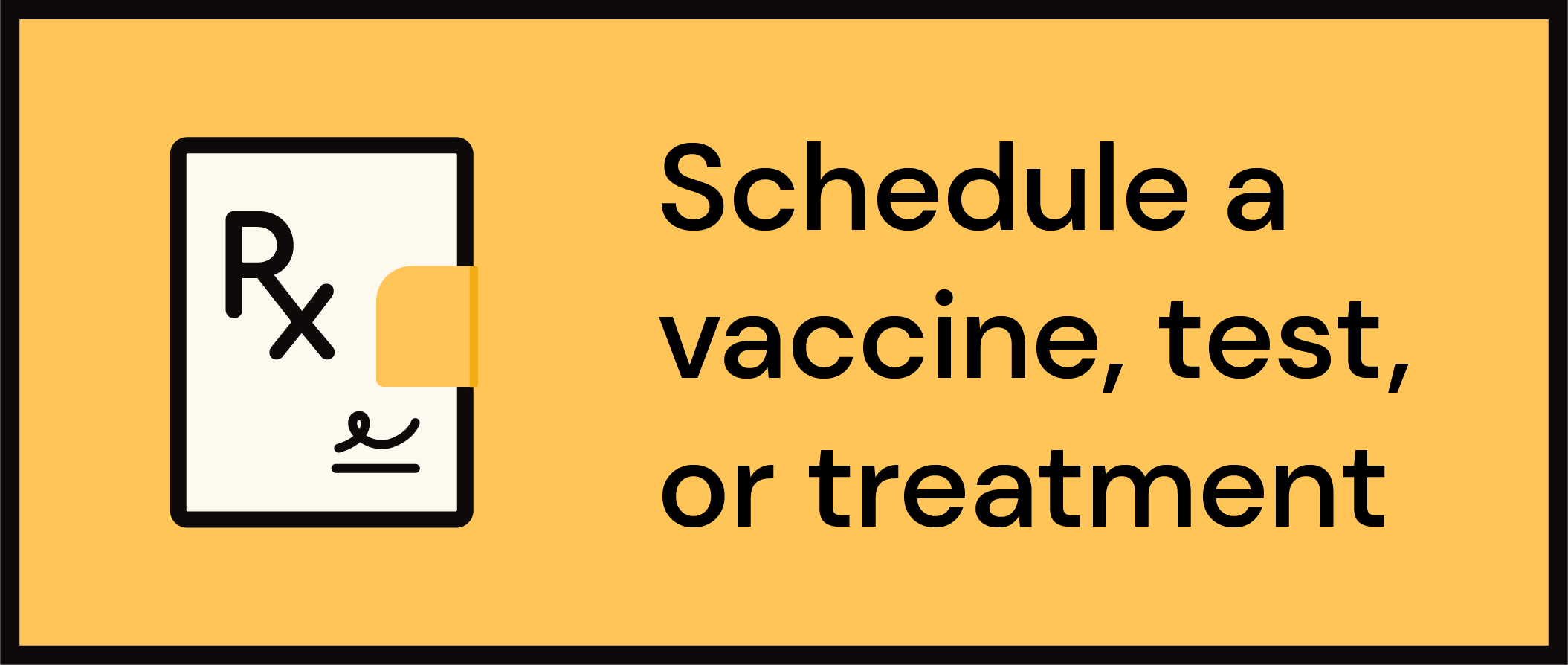Manténgase sano!

- Posted August 22, 2025
Poor Sleep Tied To Self-Harm Among Teens
Teenagers who get poor sleep are more likely to harm themselves on purpose, a new study says.
Shorter sleep, going to sleep later and frequent waking during the night all were significantly associated with a 14-year-old’s risk of self-harm, researchers report in the Journal of Child Psychology and Psychiatry.
This risk remained elevated even as teens turned 17, researchers noted.
“While this is clearly an unfavorable relationship, one positive from this research is that sleep is a modifiable risk factor — we can actually do something about it,” lead researcher Michaela Pawley, a doctoral candidate in psychology at the University of Warwick in the U.K., said in a news release.
As many as 70% of teenagers get inadequate sleep, researchers said in background notes.
Meanwhile, rates of self-harm among young people are increasing, researchers said.
To see if the two were connected, researchers analyzed data from more than 10,000 14-year-olds participating in a long-term health study of U.K. residents born between 2000 and 2002.
Participants provided details on their usual sleep, and also were asked if they’d engaged in self-injury or self-mutilation.
“We discovered that shorter sleep on school days, longer time to fall asleep and more frequent night awakenings at age 14 associated with self-harm concurrently and three years later at age 17,” Pawley said.
Sleep problems increased risk of self-harm even after accounting for other factors like age, gender, socioeconomic status, self-esteem and depression, researchers said.
Poor sleep can interfere with a teen’s impulsiveness and ability to make good decisions, researchers said. A lack of sleep also might impede their ability to cope with depression or anxiety, and make them more likely to view their life in a negative light.
“Self-harm is one of the leading causes of death among adolescents and young adults. It is a sobering topic,” senior researcher Nicole Tang, director of the University of Warwick Sleep and Pain Lab, said in a news release.
“Knowing that poor and fragmented sleep is often a marker preceding or co-occurring with suicidal thoughts and behavior, it gives us a useful focus for risk monitoring and early prevention,” Tang said.
Researchers said future study should investigate whether promoting better sleep through cognitive-behavioral therapy for insomnia might provide protection against self-harm.
More information
The American Academy of Pediatrics has more on children and self-harm.
SOURCES: University of Warwick, news release, Aug. 20, 2025, Journal of Child Psychology and Psychiatry, Aug. 4, 2025








